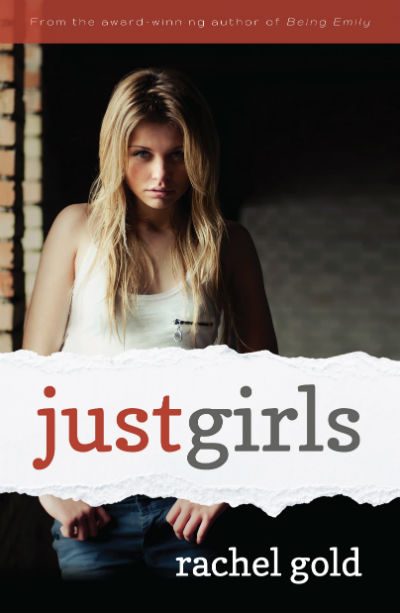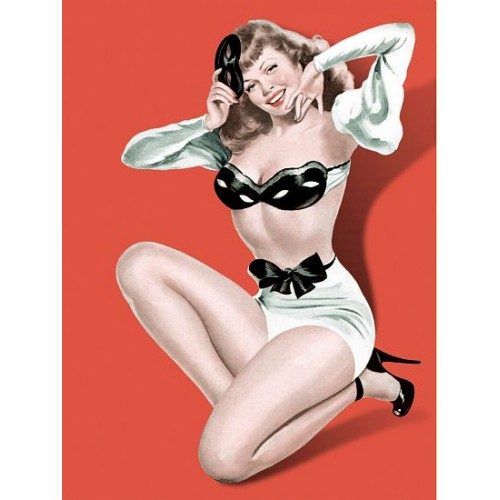 A novel that will entertain and educate on some of the issues facing LGBTQIA teens and young adults in a world where they are misunderstood more often than not.
A novel that will entertain and educate on some of the issues facing LGBTQIA teens and young adults in a world where they are misunderstood more often than not.
Just Girls is the second novel by Rachel Gold that tells the story of what it’s like to be a young trans*woman in today’s world. Given the outpouring of reactions – mostly grief and anger – to the recent suicide of 17-year-old Leelah Alcorn, a trans*girl from Cincinnati who took her own life, this book could well be a gateway to help facilitate understanding of some of the issues facing trans* people in our current society.
Leelah Alcorn’s experience as a trans*woman was full of pain and misunderstanding, while our protagonist is a young trans*woman with wonderfully supportive (but often over-protective) parents. Ella Ramsey is a colleague freshman about to venture into the world of campus life – one which includes studying hard, making new friends, discovering her sexuality and growing into adulthood. But it’s not all SO easy for Ella. Firstly, she’s the only freshman on campus to have her own private room – courtesy of the admin’s concern about how the other girls might feel sharing with someone who is trans*; and secondly, because the word is out that there is a trans*person on campus – and the transphobia (and homophobia) that follows makes coming out all that much harder.
Enter Jess Tucker – an outwardly tough (but inwardly vulnerable) lesbian who unwittingly stands up for Ella, and soon the two become roommates and fast friends. Jess – or Tucker as she prefers to be called – hasn’t had an easy upbringing and she enjoys hanging out with Ella and visiting her family on weekends. Ella gravitates towards the campus LGBTQIA group, while Tucker begins to question her relationship with her controlling girlfriend Lindy, and Ella begins to get closer to her sweet, funny, straight gamer friend Shen.
The novel covers all manner of sex, sexuality, and gender identities and is an excellent educational tool and a very good read. The character of Nico, particularly, is used well as an exemplar of what it means to blur the boundaries of gender and not conform to the “accepted social norms” of the gender binary. Throughout, the reader never knows if they’re cis-male or cis-female and that’s the whole point. Ella is also interesting that her gender identification is very clear, but she’s still not sure where she sits on the sexuality spectrum and she’s not pushing to label herself. She’s just happy to ‘be’.
This book sits particularly well in the teen / young adult audience category but can be enjoyed and appreciated by a much older audience as well, especially those who are keen to expand their knowledge and try to understand a little more about what it means to be trans*.

